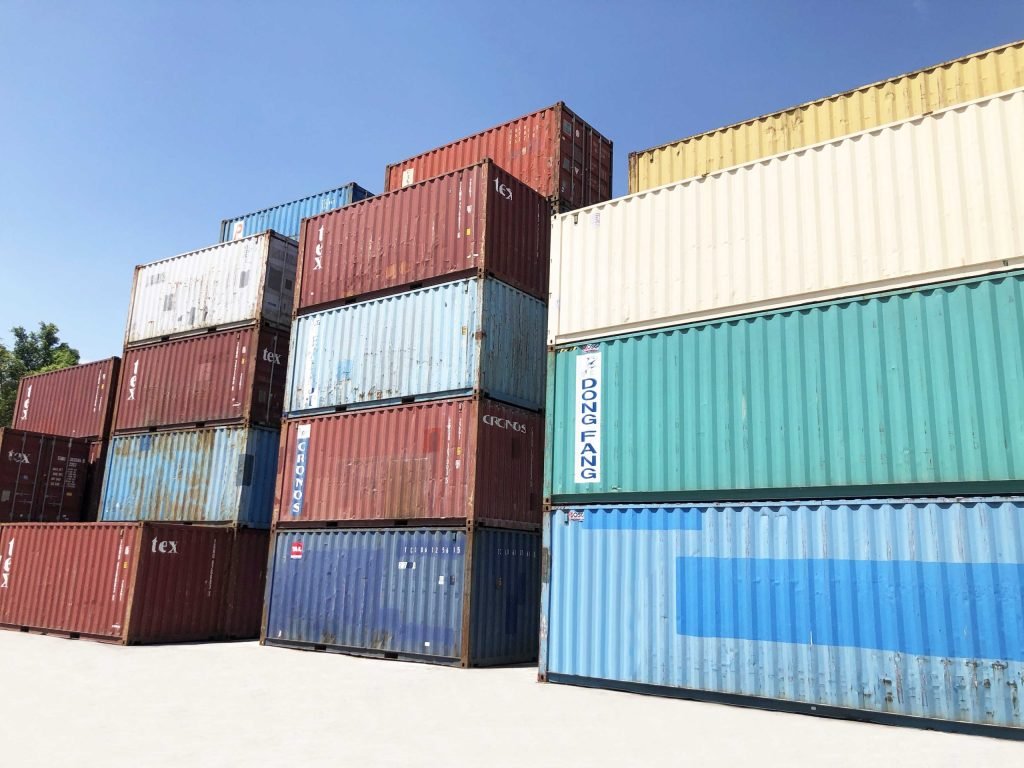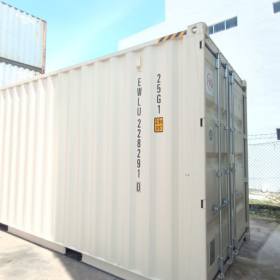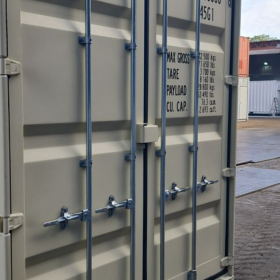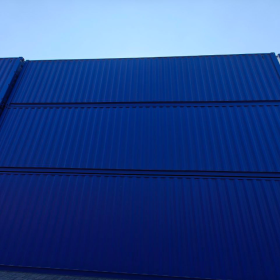The Versatility of Shipping Containers: Beyond Transportation
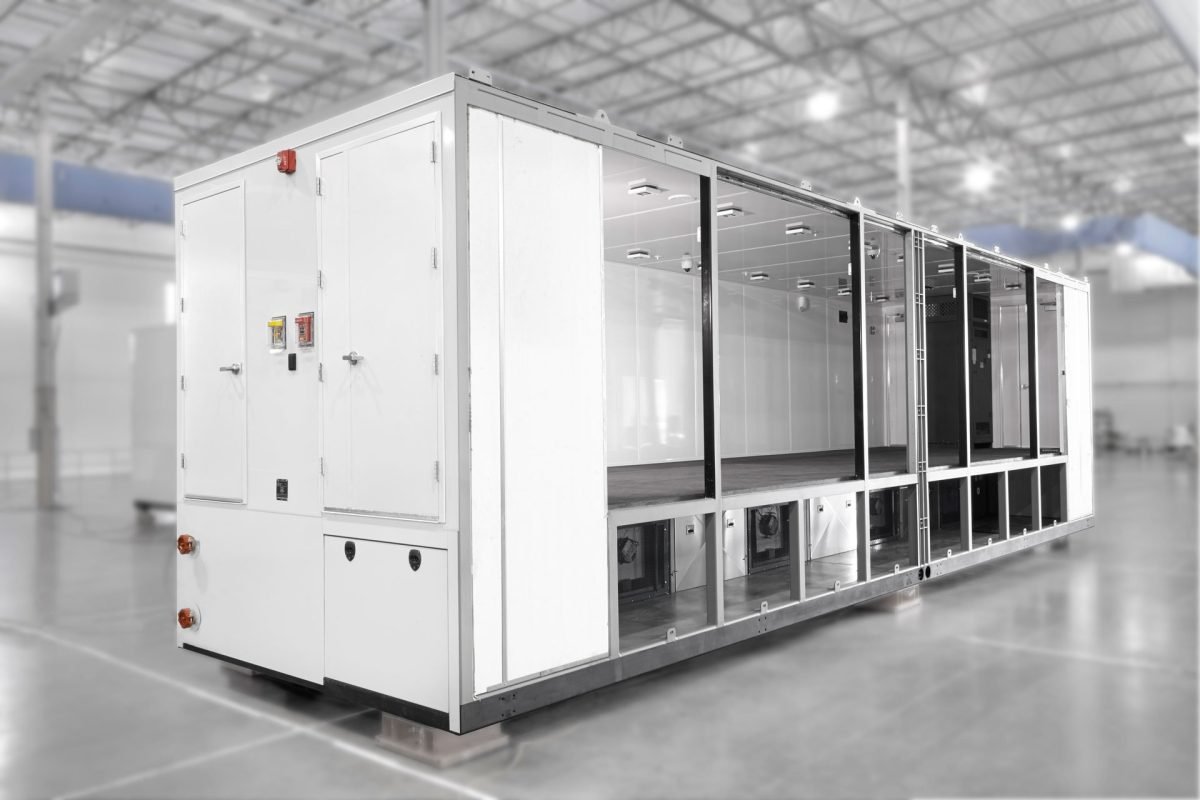
Shipping containers have long been synonymous with global trade and logistics, efficiently transporting goods across oceans, countries, and continents. However, in recent years, these robust metal boxes have transcended their traditional role, becoming central to a wide array of innovative and sustainable applications. From eco-friendly homes to pop-up shops, the versatility of shipping containers is being harnessed in ways that go far beyond transportation.
The Rise of Shipping Container Architecture
One of the most striking trends is the use of shipping containers in architecture. Architects and builders around the world have embraced the structural integrity, modularity, and affordability of containers, turning them into homes, offices, schools, and even luxury hotels. The appeal of container architecture lies not only in its cost-effectiveness but also in its environmental benefits.
By repurposing used containers, builders can reduce the demand for traditional building materials like bricks, concrete, and wood, which require significant energy to produce. Moreover, using containers can help reduce the carbon footprint associated with transporting these materials. The result is a more sustainable approach to construction that aligns with the growing demand for eco-friendly and innovative building solutions.
Pop-Up Retail and Restaurants
Shipping containers have also found a niche in the retail and hospitality sectors. The trend of pop-up shops and restaurants has gained momentum, particularly in urban areas where space is at a premium. Entrepreneurs and small business owners are drawn to containers for their mobility, durability, and the industrial chic aesthetic they offer.
These pop-up spaces are ideal for testing new concepts, launching products, or creating temporary experiences that draw attention and foot traffic. For instance, a container can be transformed into a mobile café, a boutique store, or a temporary art gallery. The flexibility to move the container to different locations allows businesses to adapt to changing market conditions and customer preferences.
Disaster Relief and Emergency Housing
In times of crisis, shipping containers have proven to be invaluable in providing quick and reliable shelter. Their sturdy construction and ease of transport make them ideal for emergency housing in disaster-stricken areas. Whether it’s a natural disaster like an earthquake or a humanitarian crisis, containers can be rapidly deployed and converted into livable spaces with basic amenities.
Organizations and governments have increasingly relied on container-based solutions for emergency housing due to their scalability and speed of deployment. With minimal modification, a container can be equipped with insulation, windows, doors, and utilities, providing safe and secure shelter for displaced individuals and families.
Greenhouses and Urban Farming
As urban populations grow and the need for sustainable food sources increases, shipping containers are being repurposed into urban farms and greenhouses. These container farms are equipped with advanced hydroponic or aquaponic systems, allowing for the efficient cultivation of crops in controlled environments.
Container farms can be placed in urban areas, reducing the distance food travels from farm to table and minimizing transportation-related emissions. Additionally, container farms can operate year-round, regardless of weather conditions, contributing to food security in densely populated cities.
Data Centers and Mobile Offices
In the digital age, shipping containers have also found a place in the tech industry. Companies are repurposing containers as modular data centers, which can be quickly deployed to provide computing power in remote locations or areas with limited infrastructure. These containerized data centers are scalable and can be customized to meet specific needs, making them a practical solution for businesses that require flexible IT infrastructure.
Similarly, containers are being converted into mobile offices, particularly in industries like construction, mining, and oil and gas, where workers need on-site facilities. These mobile offices can be equipped with all the necessary amenities, including electricity, internet, and climate control, providing a comfortable and functional workspace in even the most challenging environments.
The Future of Shipping Containers
The versatility of shipping containers continues to inspire innovation across various industries. As the world increasingly prioritizes sustainability and resource efficiency, the demand for creative container-based solutions is likely to grow. Whether it’s in architecture, retail, disaster relief, or agriculture, the potential applications for shipping containers are vast and varied.
In conclusion, while shipping containers will always play a vital role in global transportation, their utility extends far beyond the shipping industry. By thinking outside the box—literally and figuratively—people are discovering new ways to repurpose these durable structures, contributing to a more sustainable and adaptable future. The shipping container is no longer just a means of moving goods; it’s a building block for innovation.

